Projects
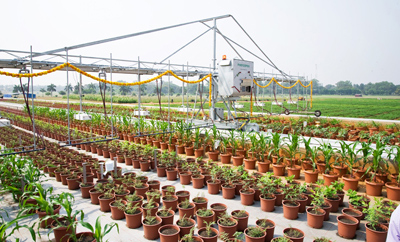
Next-generation crop production analytics using smartphone 3D imaging and dynamic area sampling frames
As a part of the “Enabling crop analytics at scale” program, supported by the Bill and Melinda Gates Foundation and managed by Tetra Tech’s AGDATA……
Publications
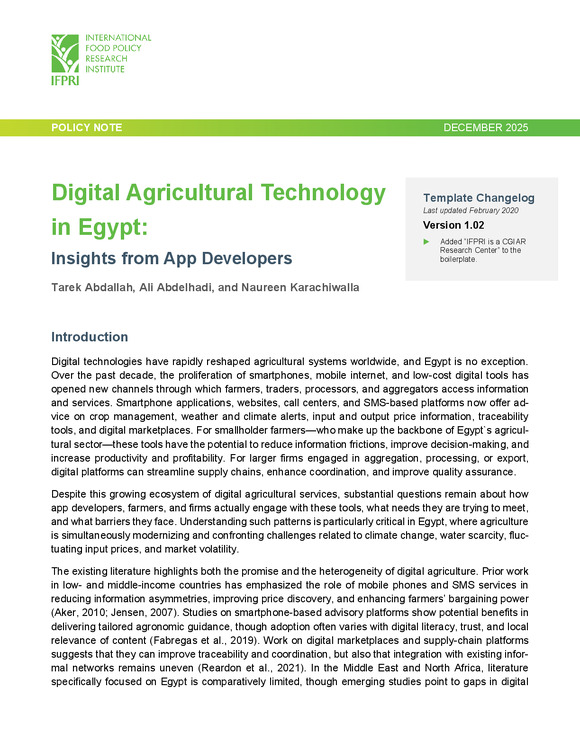
Brief
Digital agricultural technology in Egypt: Insights from app developers
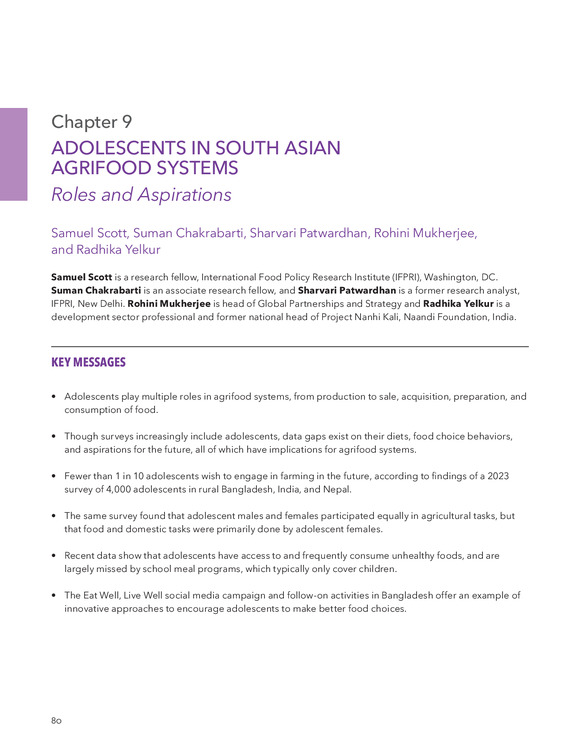
Book Chapter
Adolescents in South Asian agrifood systems: Roles and aspirations
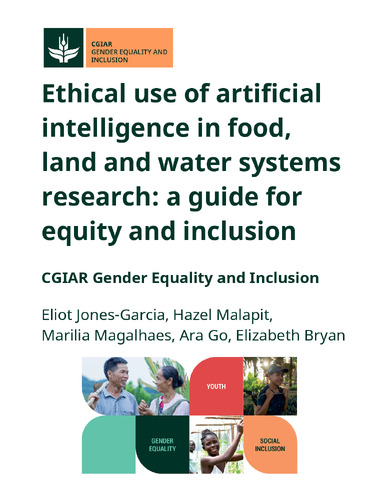
Training Material
Ethical use of artificial intelligence in food, land and water systems research: A guide for equity and inclusion
Events

COVID-19 & food security: A discussion series on big data solutions
IFPRI Research Fellow Berber Kramer is participating in The CGIAR Platform for Big Data in Agriculture’s digital forum on COVID-19 and food security. This episode will focus on challenges and solutions to input supply chains and on-farm realities. The forum brings emergent research and on-the-ground realities together in conversation in order to map out the direct […]
Blogs
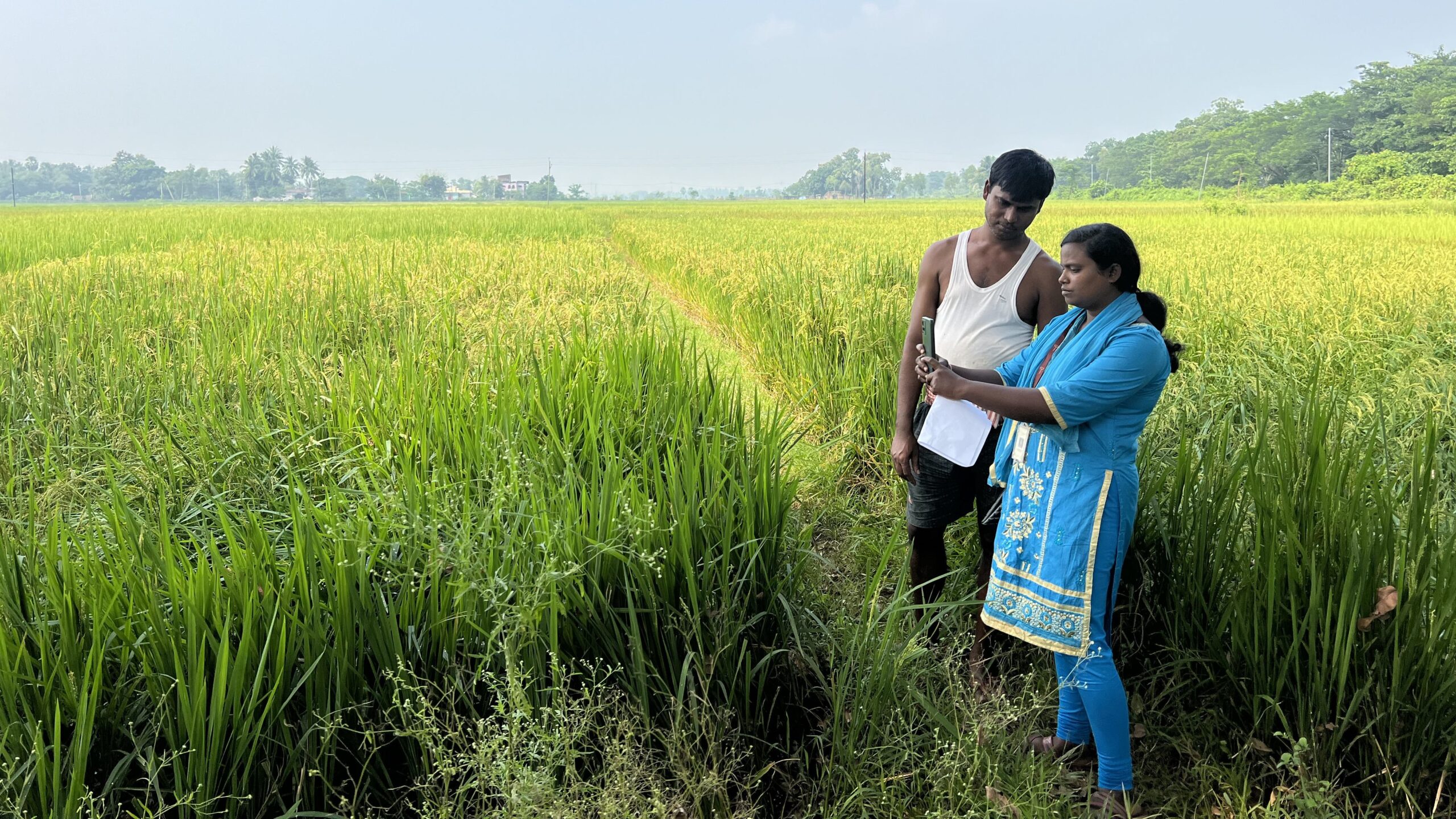
From satellite images to real-world impact: How IFPRI-Dvara collaboration opened new doors for Odisha’s marginalized farmers
By Berber Kramer and Shalini Roy
Turning crisis into opportunity.

Varying impacts of COVID-19 lockdowns on farmer incomes: Evidence from India
Wheat and tomato crops see very different outcomes.

Harnessing telecommunications network data for rainfall monitoring in developing countries
By Noam David, Oliver Gao, and Yanyan Liu
Filling a key information gap can make it easier to provide insurance to smallholders.





